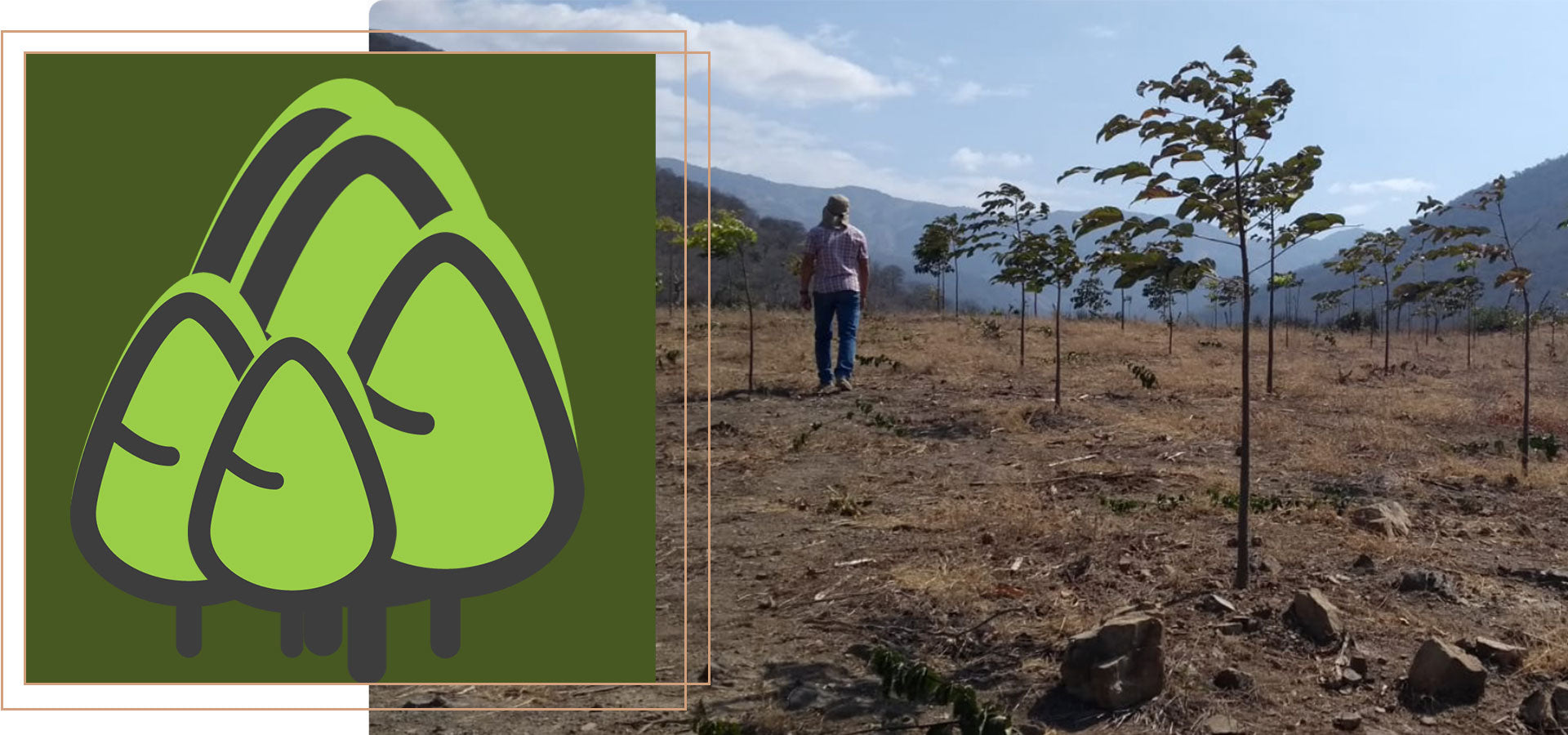Planting a Tree for Every Product Sold
Posted on January 21 2022

We've always aimed to build a business that gives back to nature and continue supporting the reforestation movement. Today we're excited to announce that from now on we'll plant a tree for every KiRiVOO product sold, making all our products climate positive.🌳🌳 It's because we expect the highest quality of our creation to be produced in the most environmentally conscious and ethical way, and care about having a positive impact towards a climate-neutral economy.
*650 Trees Planted (certificate)
Over their lifetime, one tree will absorb an estimate of 109kg of CO². Therefore, the total will amount up to 70850kg of CO² absorbed, or 70.85tons of CO².
Why is planting trees important?
Trees remove carbon dioxide from the atmosphere through photosynthesis and store the carbon in their leaves, branches, stems, bark and roots. Tree planting can increase carbon capture, restore damaged and polluted land/air/water, revitalise species and provide social and economic benefits to local communities. The trees we plant will help to restore woodlands, rehabilitate species at risk of extinction, and help local communities (where most needed) as we contribute to the long-term reforestation projects.
How much carbon does a tree absorb?
Measuring trees per tonne CO² is highly variable. It´s estimated that one tree can absorb approximately 20KG CO² per year or 2-6 tonnes during his lifetime but carbon sequestration is generally measured per hectare basis. Therefore, how much a tree can absorb is variable, depending on the location, terrain, tree type, species, rainfall etc. The correct estimate varies from 9 to 17 trees per tonne - that is calculated by the experts in tropical forestry who have used academic research and on-field data to calculate these statistics for us.
Where are the trees being planted?
We're partnering with the Treeapp, who is currently managing the planting projects in 12 countries (Burundi - Bubanza, Tanzania - Lushoto, Ethiopia - Shebedino, Guniea - Kaback, Madagascar - Besely, Madagascar - Vilamatsa, Mozambique - Maputo Bay, Kenya - Kijabe, Kenya - Mombasa, Nepal - Pokhara, Nepal - Jodhipur, Peru - Piura, Lechuga, Brazil - Paraiba State, Haiti, Indonesia - Biak, Indonesia - Lombok, UK - Liangoedmor, Northampton, France - Moussy). The company works with the local communities to make sure that all trees are planted in due course (where mostly needed) and taken care of during their full lifecycle.
How big is humans carbon footprint?
The EU's total carbon footprint was equal to 6.7 tonnes of CO2 per person in 2019. Globally, the average is closer to 4 tonnes. Estonians carbon footprint was closer to 12 tonnes of CO2 per person in 2019. To have the best chance of avoiding a 2℃ rise in global temperatures, the average global carbon footprint per year needs to drop under 2 tons by 2050.
How much carbon emissions creates one way flight? It's about 54 miles (87 km) distance from Tallinn to Helsinki. The estimated carbon footprint for this flight is 61 lbs (27.7kg) of CO2. That's equivalent to planting 1 urban tree.




